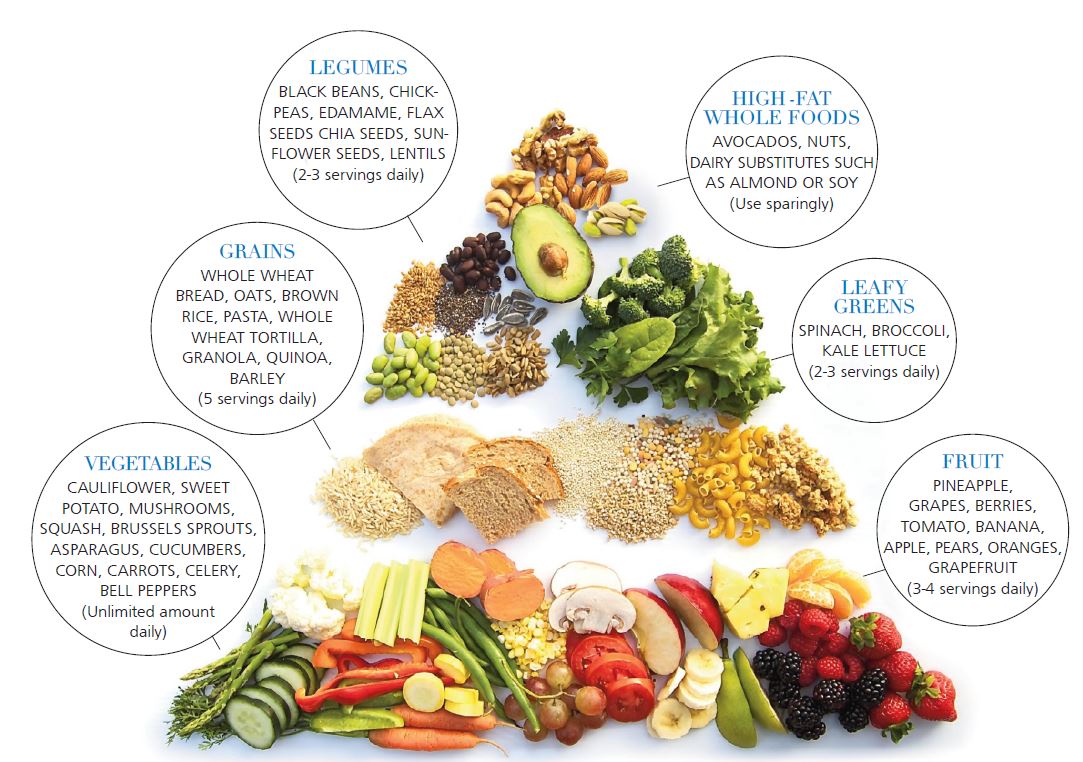
GREAT PYRAMID: A whole food plant-based diet is based on whole foods that have minimal to no processing. Beans, legumes, vegetables, whole grains, fruit, nuts and seeds provide the macro and micronutrients that promote health. These foods also contain hundreds of naturally-occurring phytonutrients that may protect against cancer, heart disease, osteoporosis, and other chronic health conditions.
There are diagnostic criteria that must be met prior to diagnosis as not all children with these symptoms have the disorder.
Standard management for ADHD often focuses on pharmacologic treatments with stimulants and other prescription medications. These drugs can be helpful in many cases but the side effect profile for most of the treatments can be problematic. Behavioral interventions are often recommended as the initial treatment for children with ADHD and are often used in combinations with medications. We know that physical activity is critical for growth and development and may help reduce the symptoms for kids with ADHD.
What role does nutrition play for children with ADHD? This is a controversial subject and, because we often have an emotional attachment to food, we are reluctant to look at this as an adjunct treatment. The studies that have been done do not provide consistent results. It is suggested, however, that the "Western" way of eating (the Standard American Diet) plays a role and this is especially true for boys. High intakes of sugar, salt, fat with minimal consumption of whole grains, fruits, and vegetables may be an associated risk of ADHD.
Some of the nutritional factors that are currently under study include artificial food colorings and common allergens. It is likely
that artificial food colorings play a role in the development of symptoms in some with ADHD. Some children with ADHD may also be sensitive to foods such as milk, chocolate, eggs, soy, wheat, corn and legumes, along with salicylate-containing foods such as grapes, tomatoes and oranges. Inadequate vitamin and mineral intake may play a role in ADHD. Iron, copper, zinc, magnesium and calcium deficiencies are common in those with ADHD and it is theorized that this may affect the central nervous system. Nutrient poor meals and snacks are implicated as contributory for those with ADHD. Those with ADHD may also have lower levels of omega-3 fatty acids and higher levels of omega-6 that may lead to inflammation and oxidative stress.
They say hindsight is 20/20 and looking back, I would have done things much differently if I knew then what I know now. As parents, we do the best we can with the information and experience we have. This is the motivation for this article. There is information that you may not be aware of and your family may be struggling like mine did. Most of us turn to our doctors for nutritional advice, not knowing that physicians get little to no nutritional education. No medical professional ever talked to me about diet when I was seeking treat